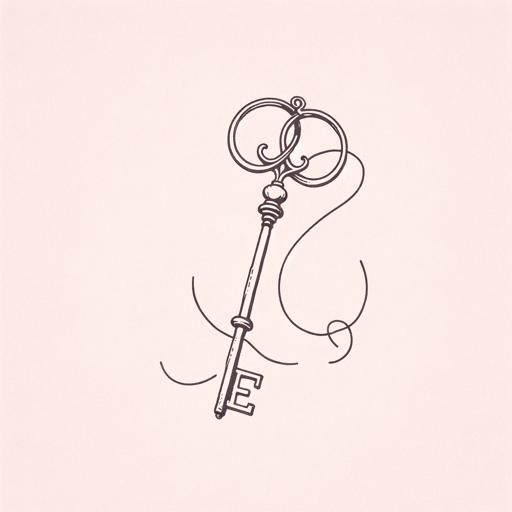72 pages • 2 hours read
Charles DickensThe Old Curiosity Shop
Fiction | Novel | Adult | Published in 1840A modern alternative to SparkNotes and CliffsNotes, SuperSummary offers high-quality Study Guides with detailed chapter summaries and analysis of major themes, characters, and more.
Important Quotes
“[I]t always grieves me to contemplate the initiation of children into the ways of life, when they are scarcely more than infants. It checks their confidence and simplicity—two of the best qualities that Heaven gives them—and demands that they share our sorrows before they are capable of entering into our enjoyments.”
(Chapter 1, Page 17)
This first chapter, narrated by someone the reader later learns is the single gentleman, establishes a significant theme of the novel: the many ways in which society pushes children out of childhood far too early, forcing them to endure tremendous hardships and experience great loss and pain. This crushing of a child’s youthful spirit is a figurative death that the novel eventually makes literal. While the narrator “grieves” this stage of a child’s socialization, neither he nor anyone in the novel offers anything more than these sentiments.
“I could form no comprehension of his character, unless he were one of those miserable wretches who, having made gain the sole end and object of their lives, and having succeeded in amassing great riches, are constantly tortured by the dread of poverty, and beset by fears of loss and ruin. Many things he had said, which I had been at a loss to understand, were quite reconcilable with the idea thus presented to me, and at length I concluded that beyond all doubt he was one of this unhappy race.”
(Chapter 3, Page 36)
The single gentleman sees right to the core of Nell’s grandfather—what drives him, what motivates him—and it is not purely love. The grandfather‘s apparent paranoia stems from deep financial fears. The single gentleman perceives the cause of this fear as being the same in a poor man as it is in a rich man—they constantly feel they need more wealth and more power for fear they will somehow lose it all. The single gentleman astutely associates greed with misery, and the events of the novel prove his assessment correct.
“[I]n the majority of cases, conscience is an elastic and very flexible article, which will bear a great deal of stretching and adapt itself to a great variety of circumstances.”
(Chapter 6, Page 58)
Here the narrator addresses a common characteristic of the novel’s villains: their flexible conscience. It is the characters’ integrity the narrator calls into question here; for example, the characters do not outright declare themselves Christians, but they regularly reference their Christian faith and/or the Christian Bible.
Related Titles
By Charles Dickens
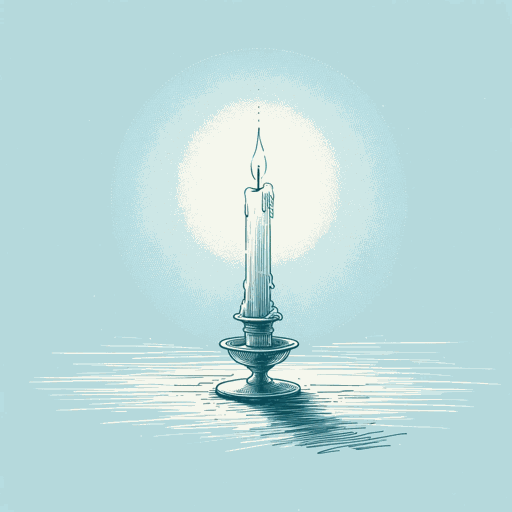
A Christmas Carol
Charles Dickens

A Tale of Two Cities
Charles Dickens

Barnaby Rudge: A Tale of the Riots of Eighty
Charles Dickens
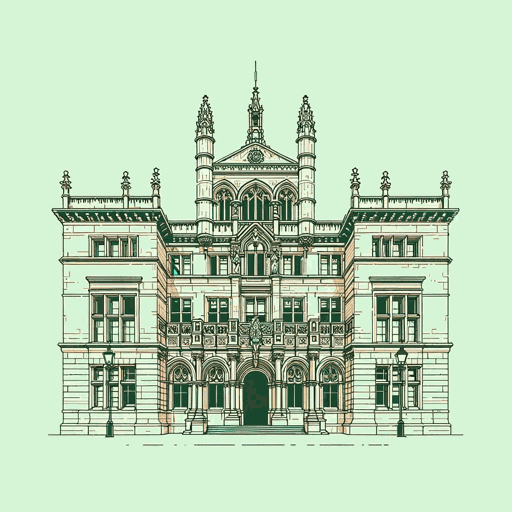
Bleak House
Charles Dickens

David Copperfield
Charles Dickens

Dombey and Son
Charles Dickens

Great Expectations
Charles Dickens

Hard Times
Charles Dickens
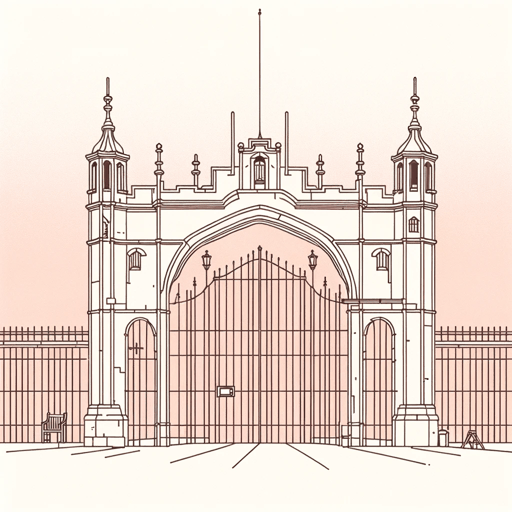
Little Dorrit
Charles Dickens

Martin Chuzzlewit
Charles Dickens

Nicholas Nickleby
Charles Dickens

Oliver Twist
Charles Dickens

Our Mutual Friend
Charles Dickens
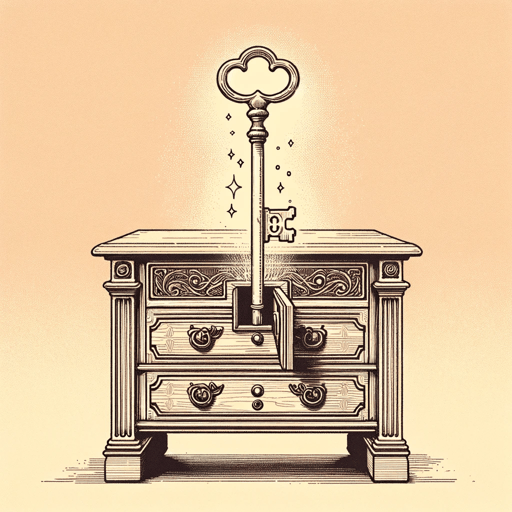
Pickwick Papers
Charles Dickens

The Mystery of Edwin Drood
Charles Dickens
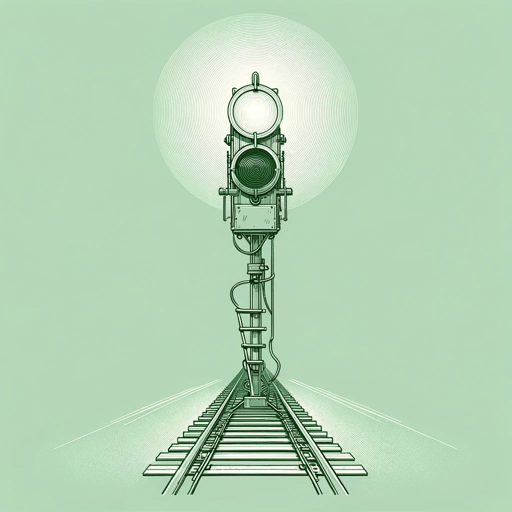
The Signal-Man
Charles Dickens
